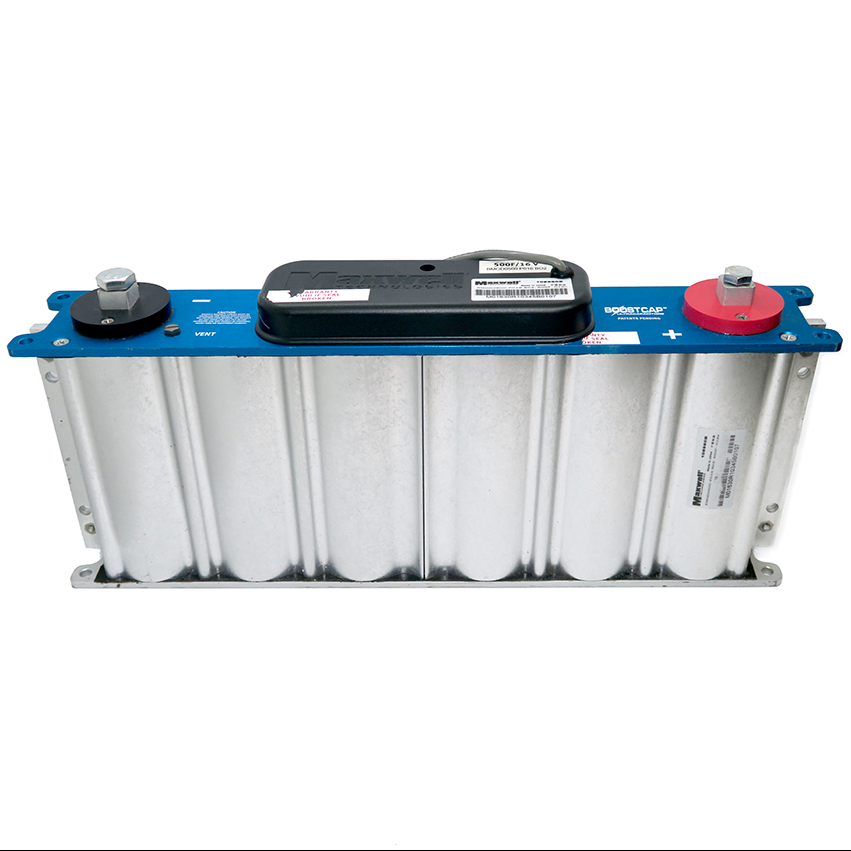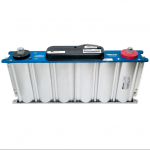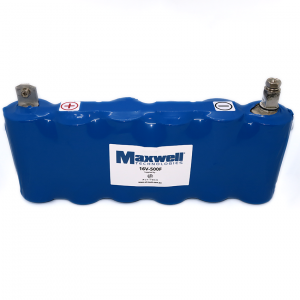Supercapacitors are one of the most capable tools in the off grid arsenal. Acting like a water tank does to our water storage, a supercapacitors job is to hold onto a surplus of charge with the ability to quickly dump that all into your circuit quickly. In their previous life these were used to start large scale motors in trains and industrial applications. Now you get to either use this in your car as a booster for the starting current, put it in the caravan to give your inverter a hand with starting those large loads or add on to a 36V supercapacitor to make a 48V bank capable of full house off grid systems. One of the added benefits of a supercap is giving the batteries an easier life by taking all the nasty peak draw away from them, meaning a longer and happier life for your batteries no matter what chemistry. This Variant contains the same capacitors as the blue wrapped version, however has a better internal cell balancer and thermal probe. Due to the aluminium housing this would be great in the 4×4 of off road camper.
New Specs:
Brand – Maxwell – Supplied by Alt-Tech
Model – 16V500F
Max Voltage – 16V
Max Current Discharge – 1900A
Dimensions – L 375mm * W 62mm * H 170mm
Weight – 3.2kg
Warning:
Do not overcharge past 16V. BEFORE connecting in parallel to a battery, make sure the capacitor is charged to within 1 volt of the battery voltage. Check polarity before charging or connecting in parallel with a battery.
DO NOT connect an empty super capacitor to a battery without first charging it to within 1 Volt of the battery. Failing to do so can result in battery damage and potential fire.
All Supercapacitors are sold empty (approx 1-4V)
Please look at our information section for more information about supercapacitors including the correct way to charge and discharge.
The internal cell balancer should be disconnected to avoid excessive discharge over periods of standby.



